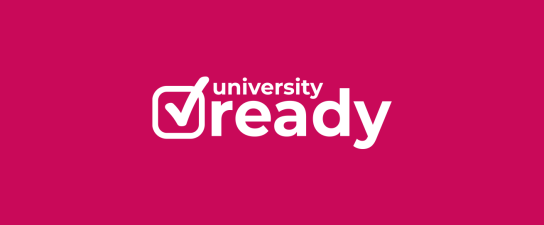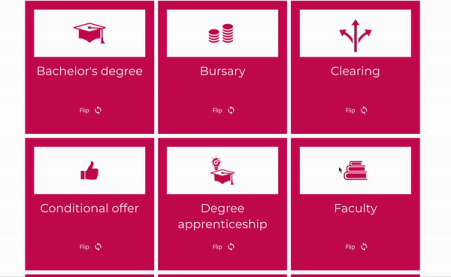 activity icon
activity icon
Education & Development
University lingo
Do you know the difference between a firm choice and an unconditional offer? Or what a seminar or semesters are? Explore this interactive to demystify university terminology.
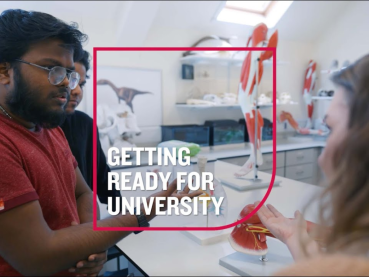 video icon
video icon
Education & Development
Getting ready for university
Students at the University of South Wales share how they felt before starting university and how they prepared themselves for student life.
 article icon
article icon
Education & Development
Free online Law / Criminology courses
Discover these free Law and Criminology courses on OpenLearn.
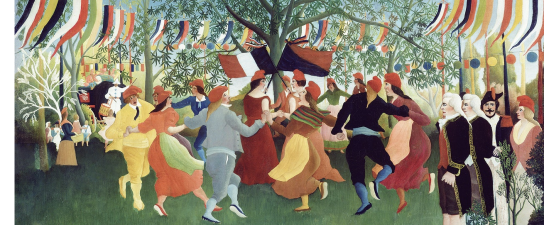 article icon
article icon
Education & Development
Free online Arts / Culture / Music courses
Discover these free Arts, Culture and Music courses on OpenLearn.
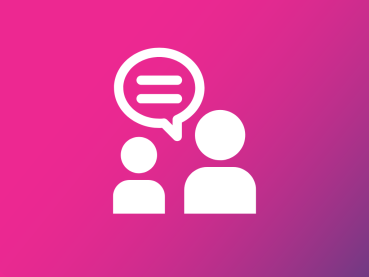 article icon
article icon
Education & Development
Preparing for your university interview
You’ve received an invitation to attend an interview for your chosen course, so what’s next?
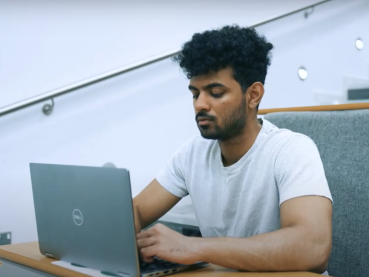 video icon
video icon
Education & Development
Why bother with Higher Education?
A selection of student ambassadors from a range of courses share why they decided to go to University, and highlight why you should bother with Higher Education. They also discuss what they have gained from their University experience.
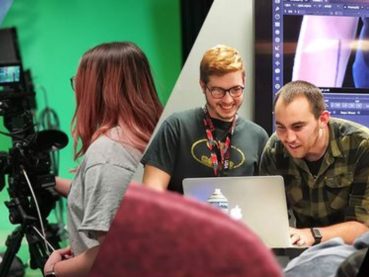 video icon
video icon
Education & Development
Careers in Creative Industries
This session will discuss career opportunities within the Creative Industries sector.
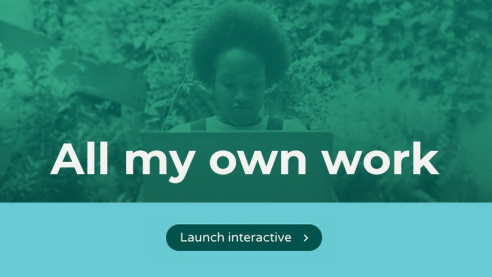 activity icon
activity icon
Education & Development
All my own work
Plagiarism comes in all shapes and forms. Step into the shoes of a university student to learn the challenges and temptations facing her during her assignment, and help make it all her own work.
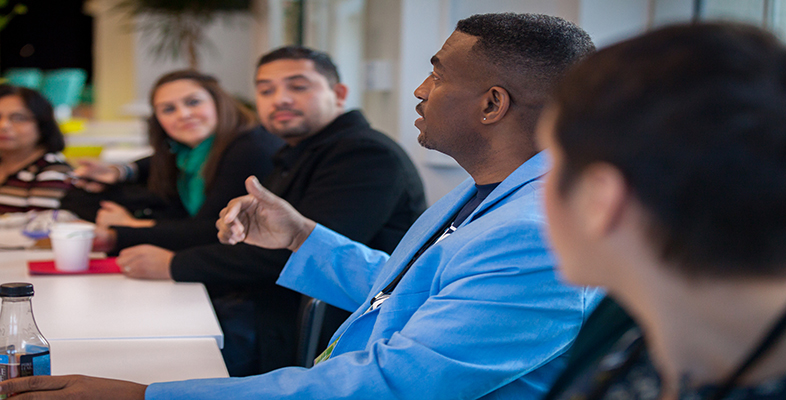 free course icon
level 3: advanced icon
free course icon
level 3: advanced icon
Languages
Translation as a career
This free course explores translation as a career. During the course you will meet professional translators discussing their work and reflect on what they say. You will assess your own language level and find out how translators maintain their language skills. You will also engage in a short translation activity.
 article icon
article icon
Health, Sports & Psychology
Mental health: Tips for mates
What can you do if a friend is suffering? Our survivor has some suggestions. This advice was originally devised with young people in mind but is relevant for any age.
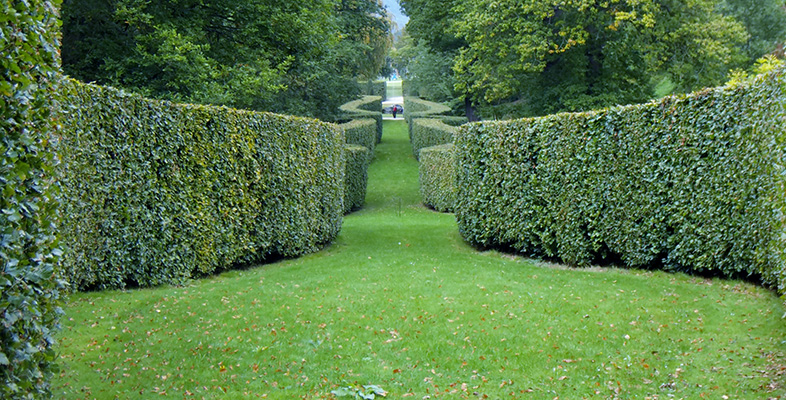 free course icon
level 2: intermediate icon
free course icon
level 2: intermediate icon
History & The Arts
Exploring the English language
How has the English language changed over the course of the last 500 years? What are the social and political contexts that have affected how these changes have come about? This free course, Exploring the English language, will consider the development of the English language from the 15th to the 19th century.


